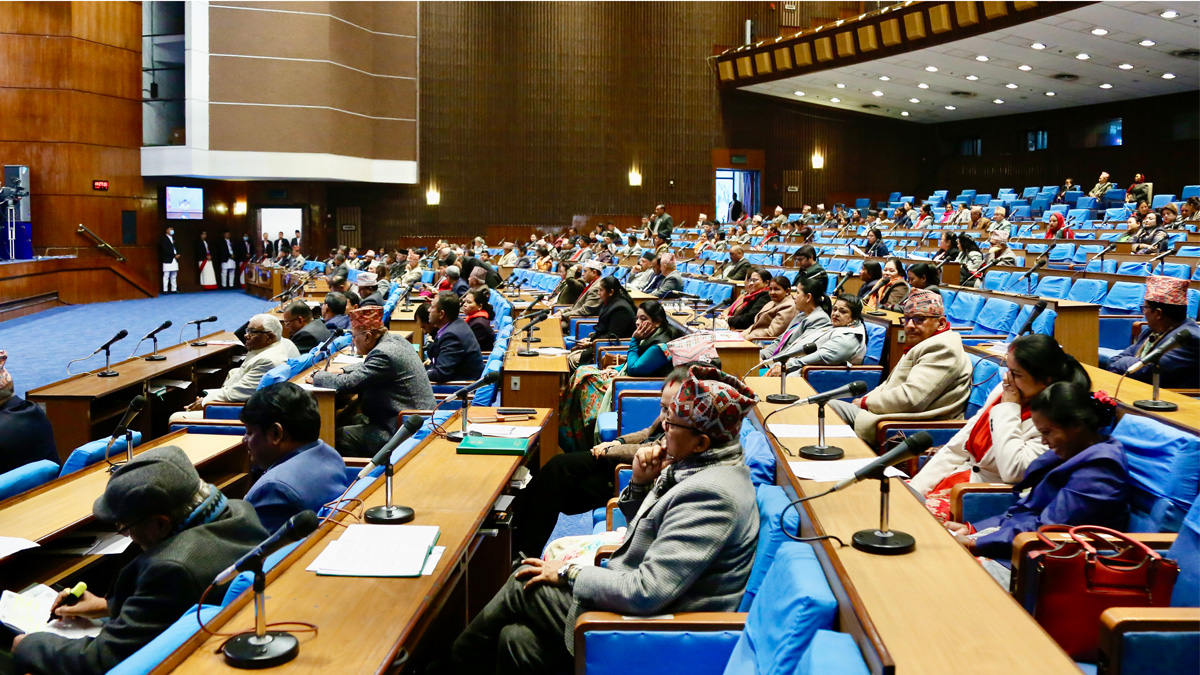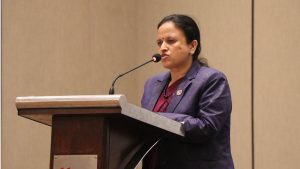
Cooperatives Act Amendment Proposal Rejected

In a recent session, the House of Representatives (HoR) took a decisive stance against the government’s proposed amendment to the Cooperatives Act, signaling a significant shift in regulatory policy. The proposed amendment aimed to impose a cap on individual savings in cooperatives, limiting it to Rs 2.5 million.
Despite the government’s efforts to push the amendment forward as part of a broader strategy to combat money laundering and foster a conducive business environment, the Law, Justice, and Human Rights Committee of the HoR firmly rejected the proposal. This rejection effectively nullifies the requirement for individuals currently saving above the proposed limit to reduce their savings within a stipulated timeframe.
The rejection of the proposed amendment comes amidst a broader debate surrounding regulatory measures within the cooperative sector. Rastriya Swatantra Party (RSP) and RPP lawmakers were notable dissenters in the decision, emphasizing concerns over the potential implications of the amendment.
Swarnim Wagle, an RSP lawmaker, expressed dissatisfaction with the committee’s decision, highlighting the historical context of regulatory changes within the Cooperatives Act. Wagle criticized the perceived weakening of the Act due to extensive amendments in the past, urging for a more robust regulatory framework.
In addition to the proposed savings limit, the government also sought to enhance regulatory oversight by empowering the Nepal Rastra Bank (NRB) to supervise cooperatives meeting certain criteria. However, the committee opted to raise the threshold for NRB oversight and introduced provisions for regulatory intervention only upon request from the Department of Cooperatives.
The decision to reject the proposed amendment and adjust oversight thresholds sparked further debate within the legislative body. Ashok Chaudhary, another RSP lawmaker, criticized the committee’s decision to increase the oversight threshold, reflecting broader disagreements over regulatory approaches.
Law Minister Dhan Raj Gurung defended the committee’s decision, asserting that the bill passed unanimously, despite dissenting voices from certain quarters.














Comments